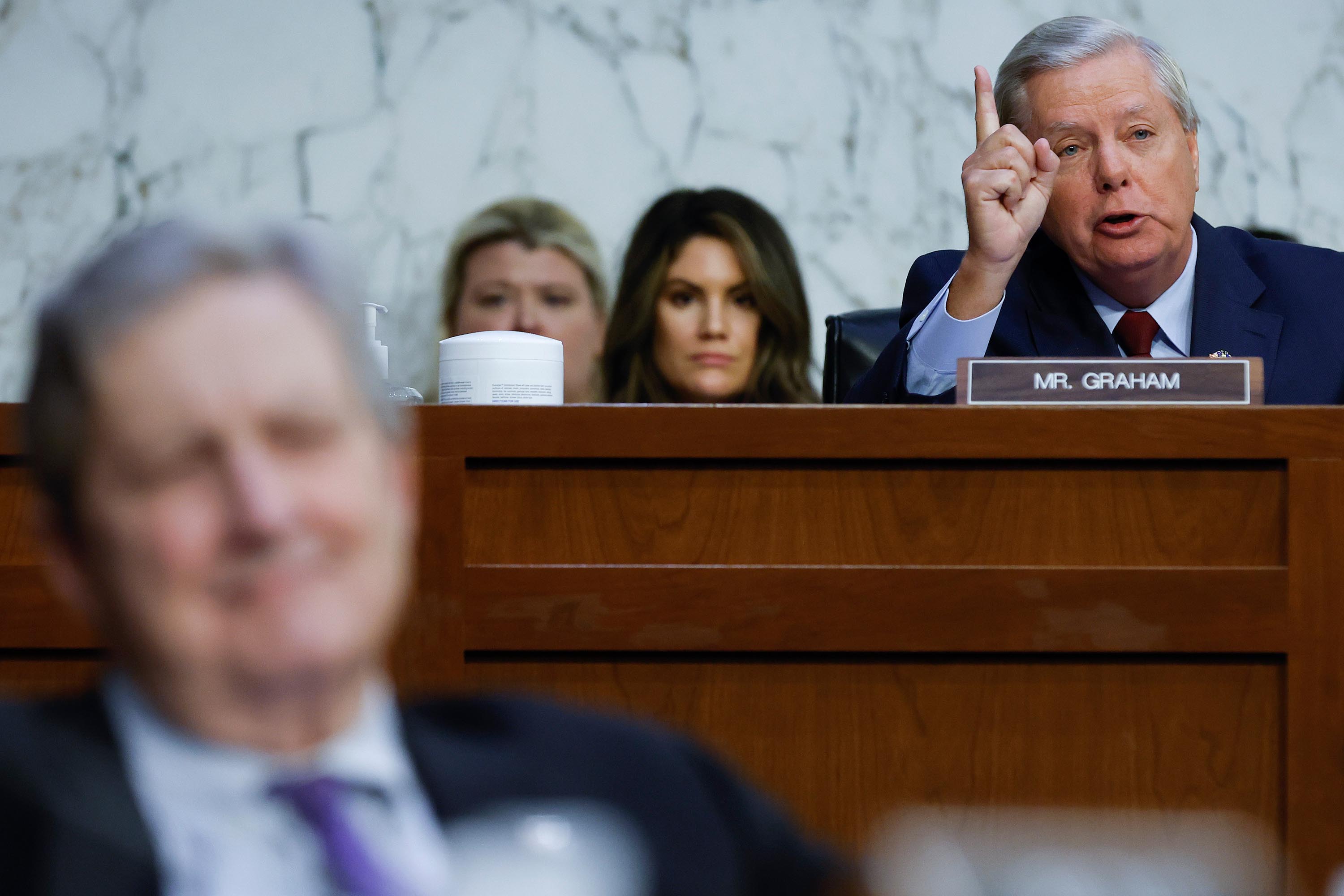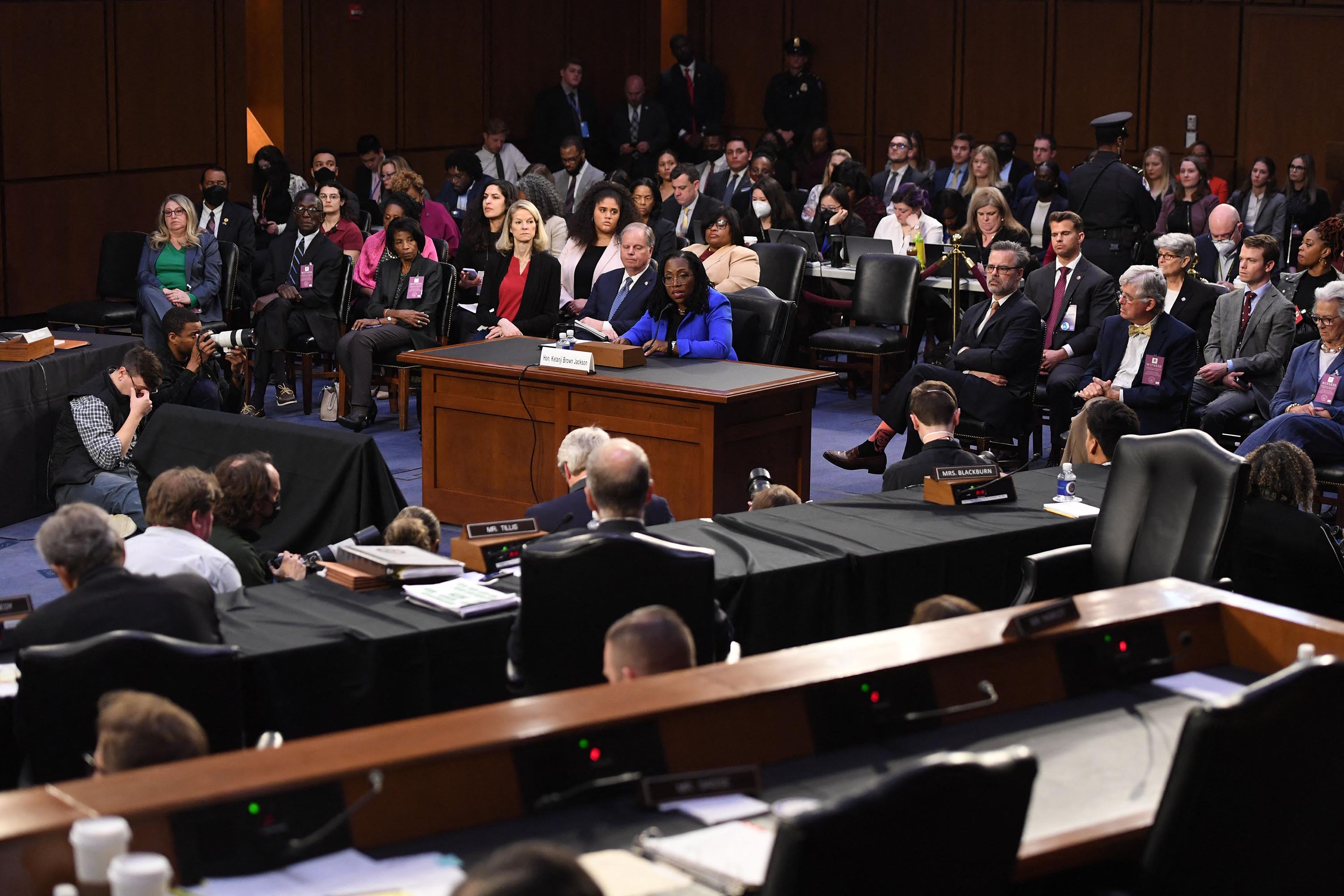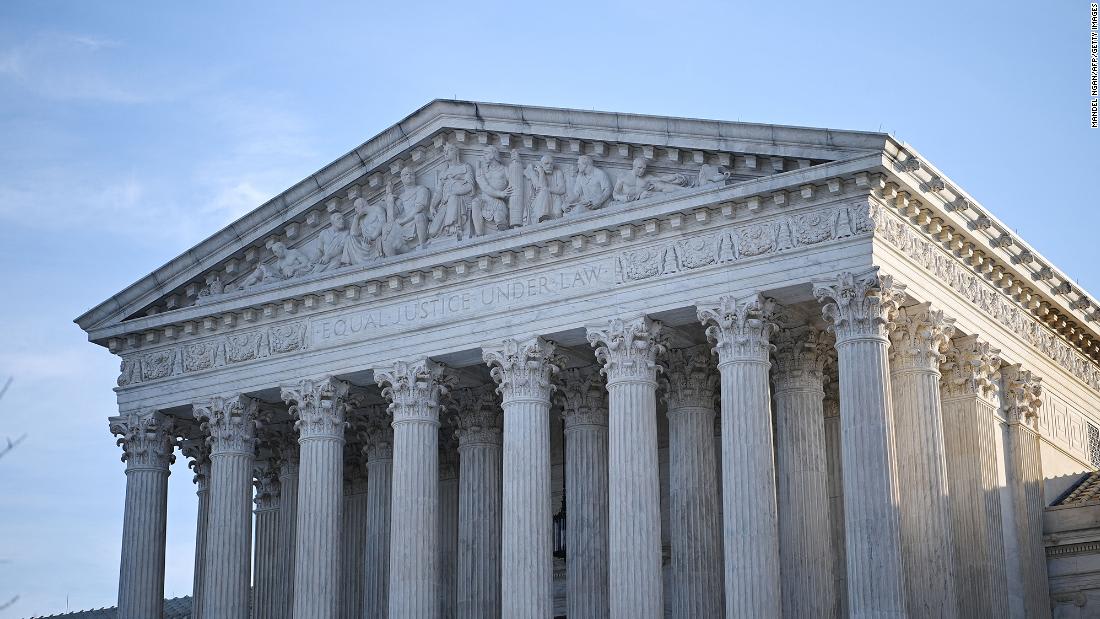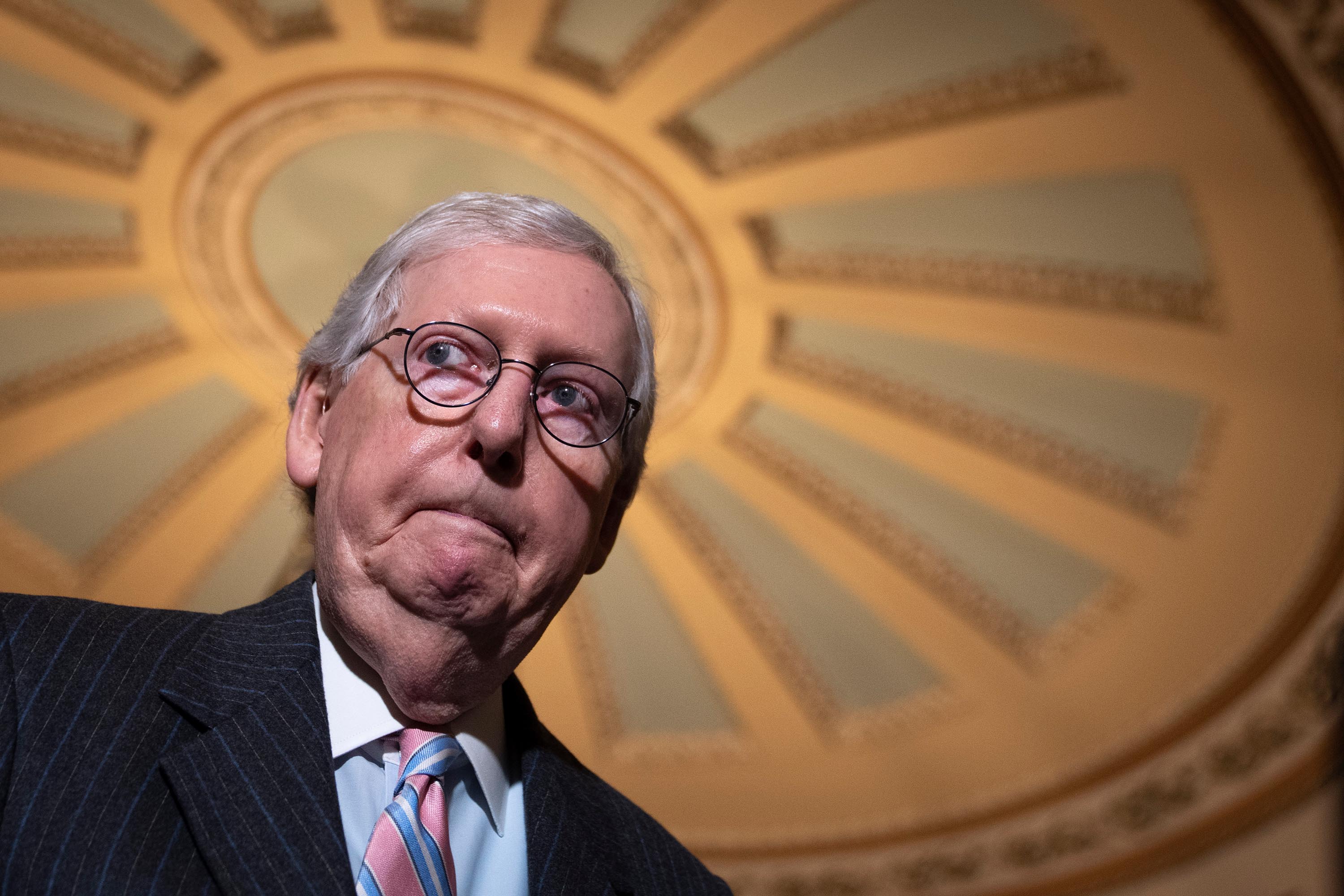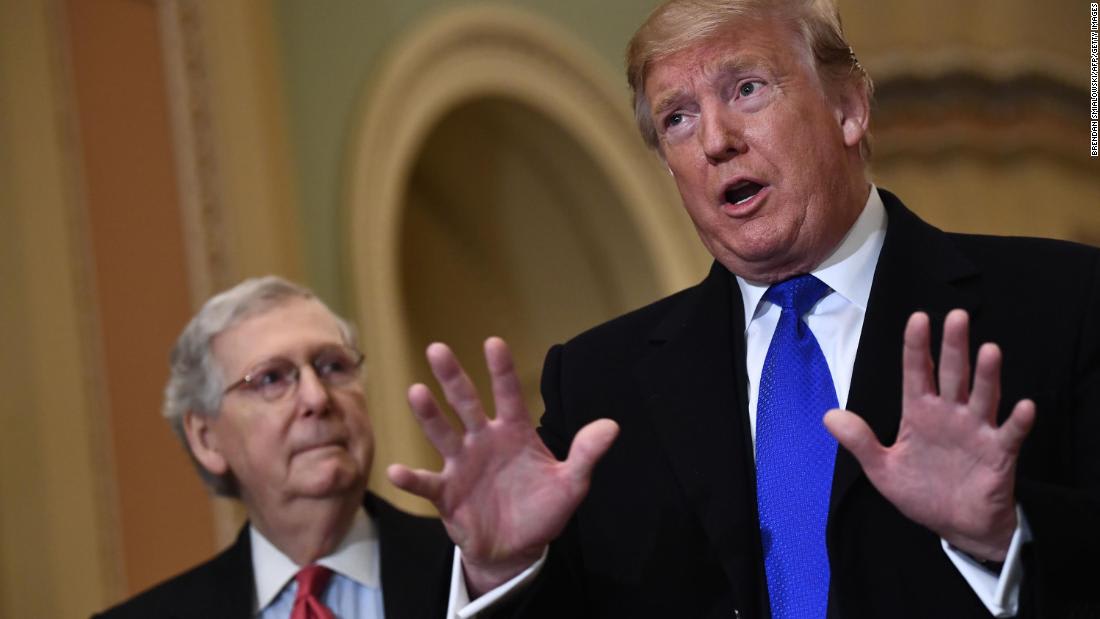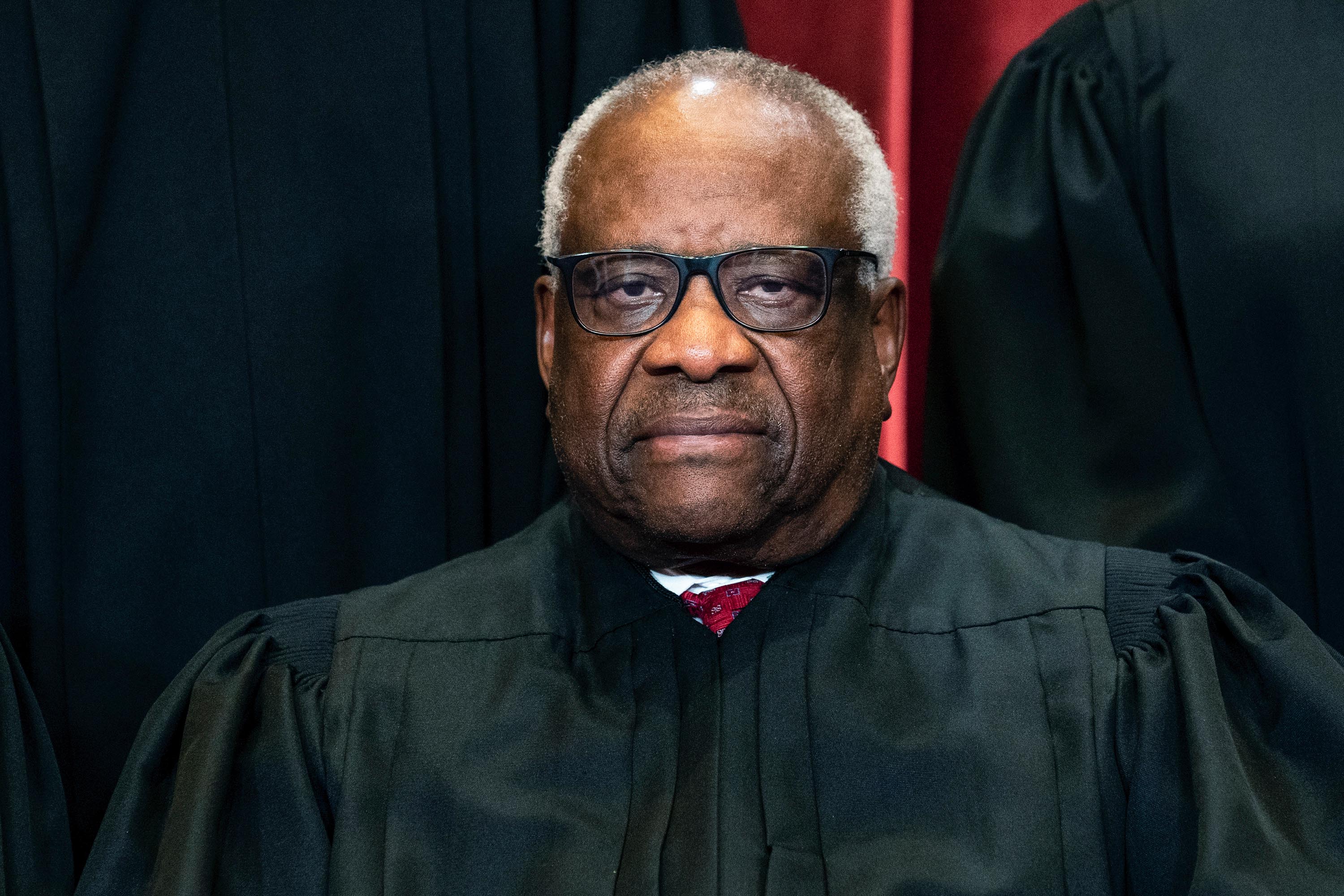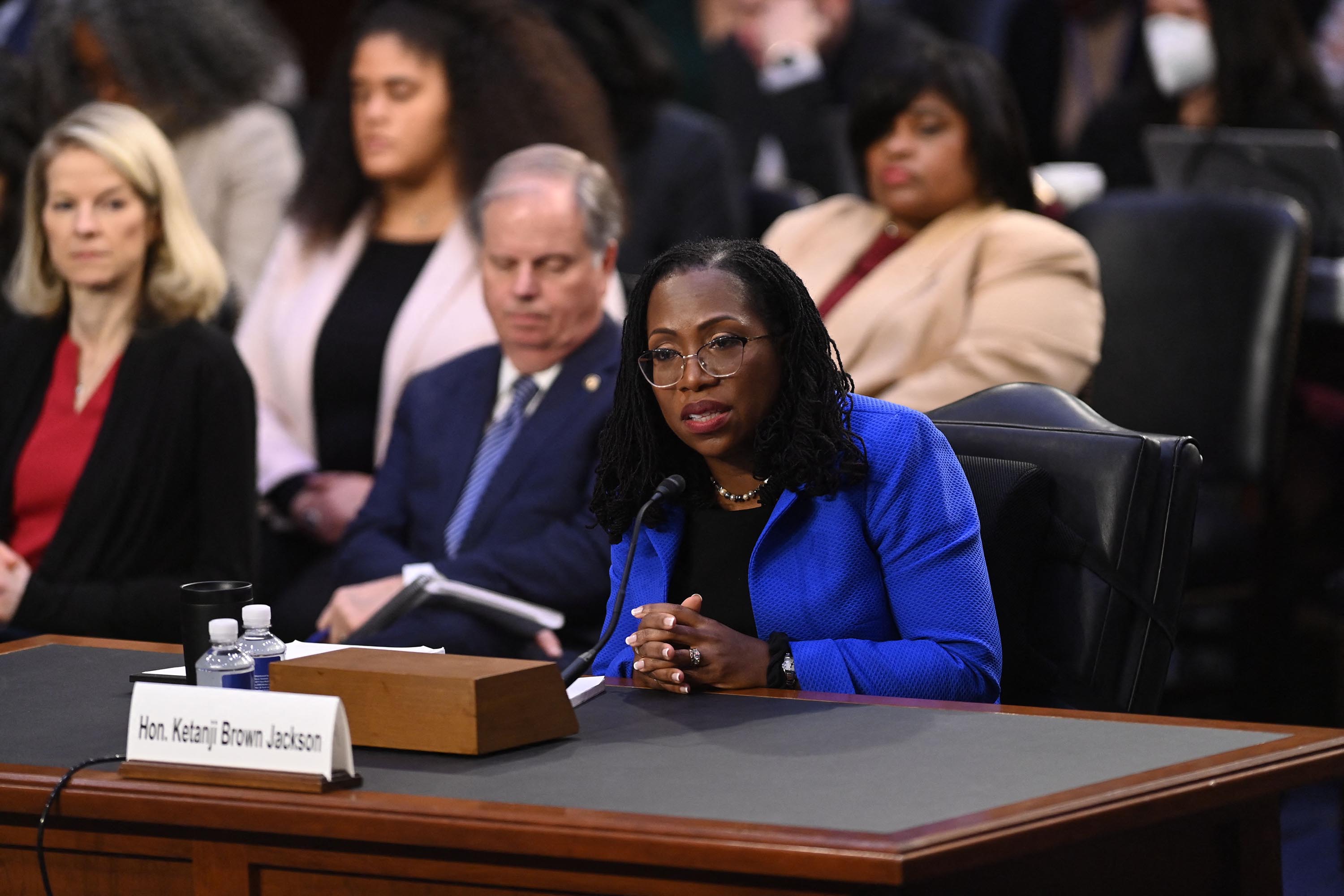
Judge Ketanji Brown Jackson told Texas GOP Sen. Ted Cruz that if confirmed to the Supreme Court, she plans to recuse from a lawsuit against Harvard over its affirmative action policies the justices are hearing next term.
"That is my plan, senator," Jackson said.
Cruz brought up the case, noting he and the judge are both alums of the university. She is also on its board of overseers, as Cruz noted he asked if she intends to recuse from the case if confirmed.
The Harvard case is one of two affirmative cases the Supreme Court is hearing next term. The second case is a challenge to the University of North Carolina's affirmative action program. Jackson did not comment on that case.
As things stand, the Supreme Court consolidated the two cases concerning policies at Harvard and the University of North Carolina. But the court could now decouple the cases so that, if confirmed, Jackson could weigh in on the issue through the North Carolina dispute.
High court conservatives have increasingly cast aside decades-old decisions, and their acceptance of the appeals immediately throws in doubt precedents from 1978 and 2003 that let colleges consider students' race to enhance campus diversity and the educational experience, CNN's Joan Biskupic wrote earlier this year. Lower federal courts had sided with Harvard and the University of North Carolina.
The ethics concerns about Jackson's potential participation in the Harvard case centered specifically on her presence on its board – and not because she attended the university as both an undergraduate and law student. Three of the justices Jackson will join if confirmed – Chief Justice John Roberts, Justice Elena Kagan and Justice Neil Gorsuch — attended Harvard Law, as did Justice Stephen Breyer, whom Jackson as been selected to replace.
Jackson's presence on Harvard's board may have given her a view into the discovery and litigation strategy in the case, as attorney and former Justice Department spokesperson Sarah Isgur noted on Twitter.
Nevertheless, some experts on legal ethics did not believe that Jackson had to recuse herself from the Harvard case depending on her involvement on the board.
“Unless she took a position on the Harvard policy as a member of the Board or in support of candidates for admission, she would not be recused” Stephen Gillers of NYU School of Law told CNN last month. “ Merely having been a member of the Board is not enough to require recusal,” he said.
For more on the cases, read here.





